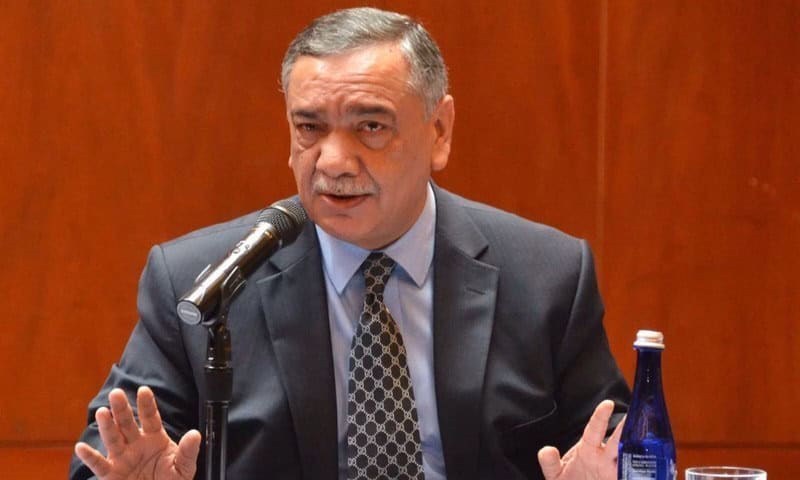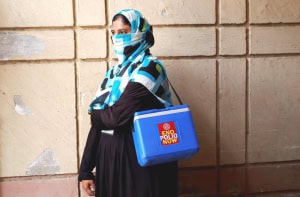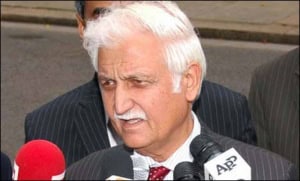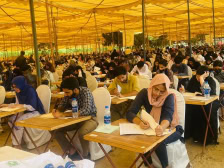ISLAMABAD – Chief Justice of Pakistan, Justice Asif Saeed Khosa has vowed to set up more than 100 gender-based violence courts in the country ranked amongst the lowest on global gender gap index.
Addressing a gathering in Islamabad, the top judge said the Supreme Court is in the offing to set up 116 gender-based violence courts and also child courts in every district in Pakistan adding that the courts will be designed to look entirely different both in their infrastructure and working than other courts.
The top judge offered no further details in his address on Wednesday, however, the legal community is hailing the step as children would be given an atmosphere just like a home and women would feel comfortable to speak about their problems.
The Chief Justice said Supreme Court (SC) would launch Artificial Intelligence System (AIS) in courts to facilitate efficient disposal of justice in the country.
The top judge said it was not less than a miracle that the Model Criminal Trial Courts (MCTC) had disposed of 5,800 murder and narcotics cases within 48 days and after getting successful experience, we were launching civil model courts in every district as well.
Talking about the e-courts system, justice Khosa said the SC was the first apex court in the entire world which had initiated to hear cases online which would save time and money of the litigants.
He said a state-of-the-art research centre would be established at the SC principal seat Islamabad where five to six search engines would be installed to facilitate the legal fraternity and researchers.
He said the judges would soon have access to record of cases and judgments, precedents and the data through this system and in this regard, three judges and seven researchers would visit to the United States for training soon.
Elaborating the AIS, the chief justice said the system would be installed to enable the judges across the country to enter the facts to receive information about similar cases and their judgments.
In the next phase, judges would be able to enter the facts of their cases to get suggestions about a possible decision of the case.
“The system will assess the facts and information provided to it and compare it with the data of the settled cases before suggesting a decision,” he added.
He said if the suggestion differs from the judge’s own conclusion, the judge would be cautious about the decision he is about to make.
“This would help the judges make better judgments using the information accessible to them,” he added.
He said after getting success in Criminal Model Courts, we would establish Model Civil Courts, in all the districts.
He said besides this courts, Model Family Courts, Model Rent Courts, Banking Courts and Model Magistrate Courts would also be formed simultaneously to save the time and money of the litigants, Justice Khosa said.
Earlier, 116 judges were working in those model courts however 57 more judicial officers had been added and moreover every month one judge would be added in every district, he maintained.
Justice Khosa said by the end of July of this year, disposal of criminal appeals pending since 1994 would be zero in the apex court.
Talking about the atmosphere in the National Assembly, he expressed disappointment over the continued distortion in the national assembly by the both treasury and opposition members.
He said, “He feels disappointed when he watches that the legislators do not let Prime Minister Imran Khan and opposition leader in the National Assembly to speak on the floor of the house and I change the channel to avoid it.”
















